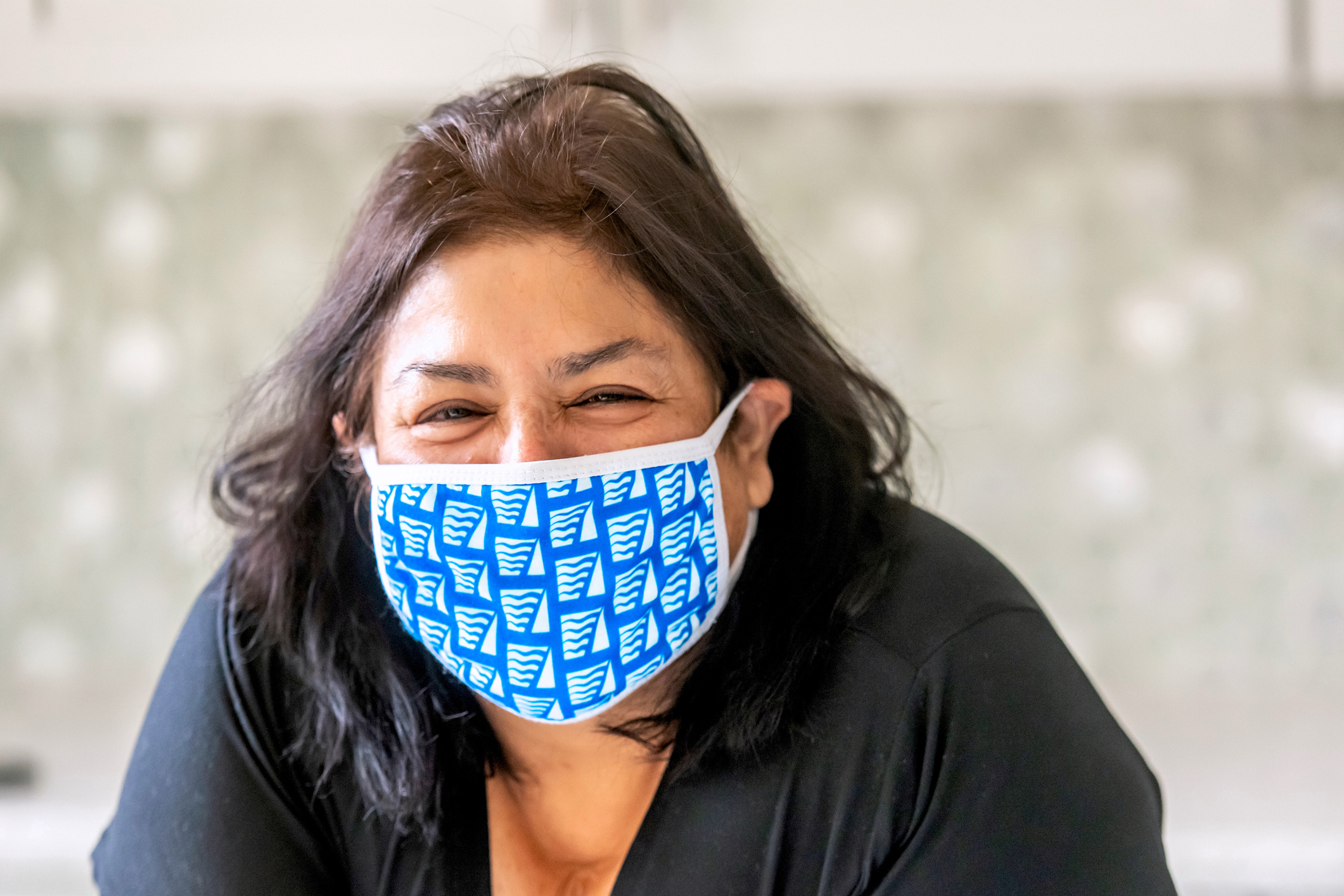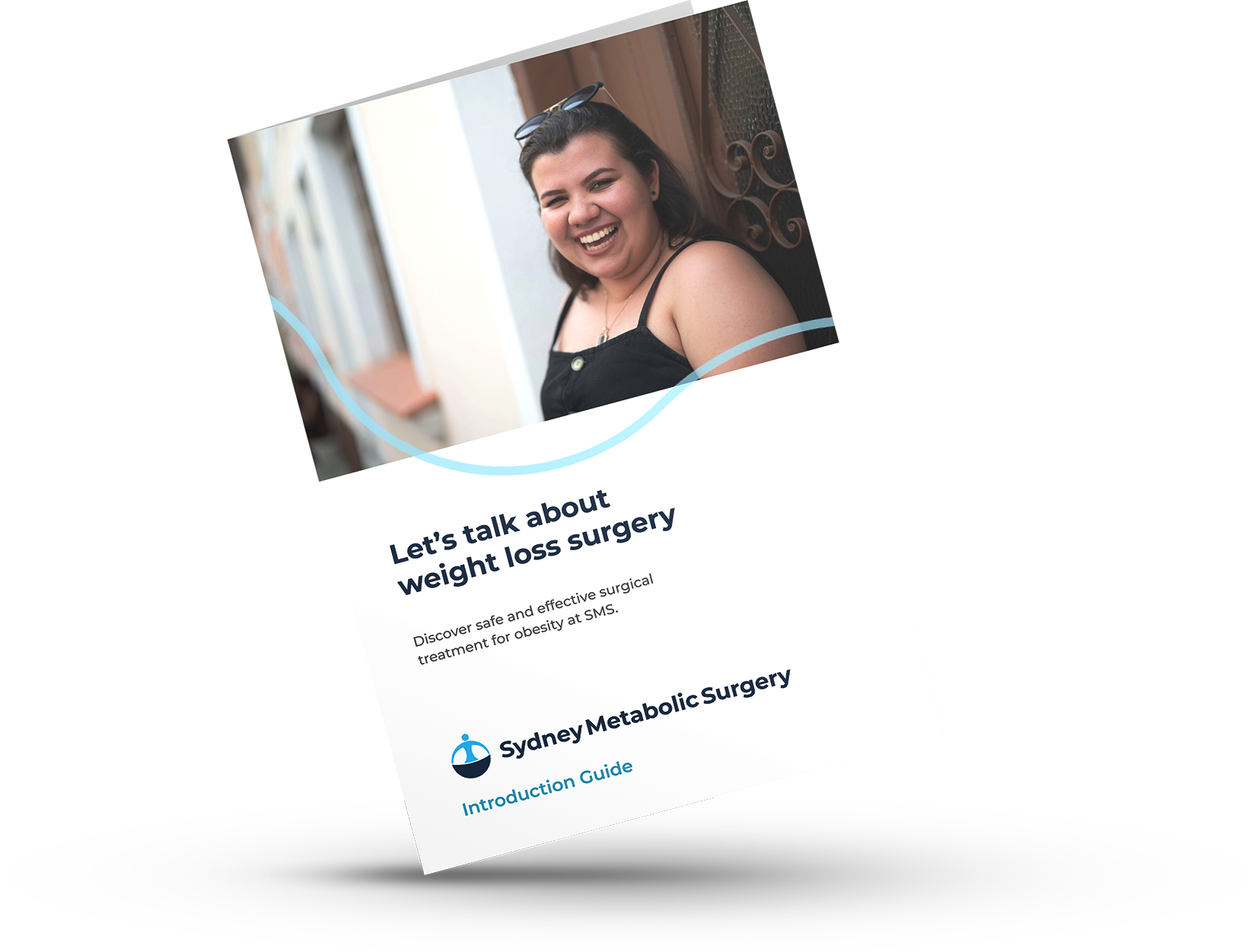
Enquiry Form.
Please complete and we will call you back.
Losing weight can reduce
the severity of Covid-19
There’s increasing evidence that people with obesity have a higher chance of contracting COVID-19. They’re also more likely to be hospitalised, to need ventilation, and to die from the disease. As two thirds of the Australian population are overweight or obese, a COVID-19 outbreak could easily take hold and have a huge negative impact.
But there is good news. When you treat obesity successfully, there is a higher chance of reducing COVID-19 complications. Surgical treatment also lowers other risks of obesity, including type 2 diabetes, cancer, and heart disease.
Medical Reference:
www.thescienceofobesity.com.au/how-does-obesity-affect-covid-19

 1300 190 461
1300 190 461



 Penrith Consulting Rooms
Penrith Consulting Rooms